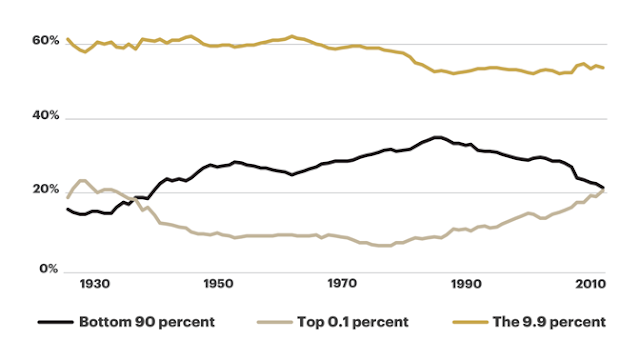Slackers
Our world is infested by parasites; what keeps them down is partly Democracy and blah; partly that anywhere that becomes too uncompetitive gets out-competed. That's not a careful analysis, but what I mean is that we accept a balance as we must: as long as society functions, and produces enough wealth for all or most, we tolerate some parasites. And at least at the moment it is working: the share captured by the unproductive isn't too high...........William Connolley Libertarians generally, and rich people especially, are preoccupied by slackers - those they perceive to not be pulling their weight. Of course we don't all quite agree on who those "parasites" are. There are some obvious suspects - the young, the aged and infirm. Then, of course, are the unemployed. People like that creep Mitt Romney think they are anybody who doesn't pay income taxes, even if the other taxes they pay amount to a higher tax rate than paid by Romney and his rich fans. Most
